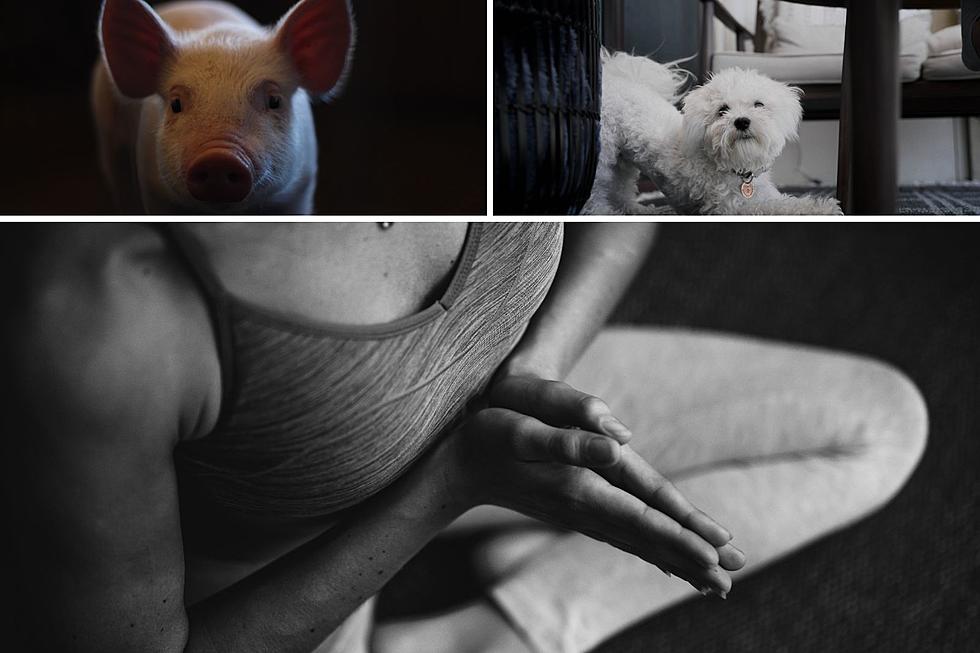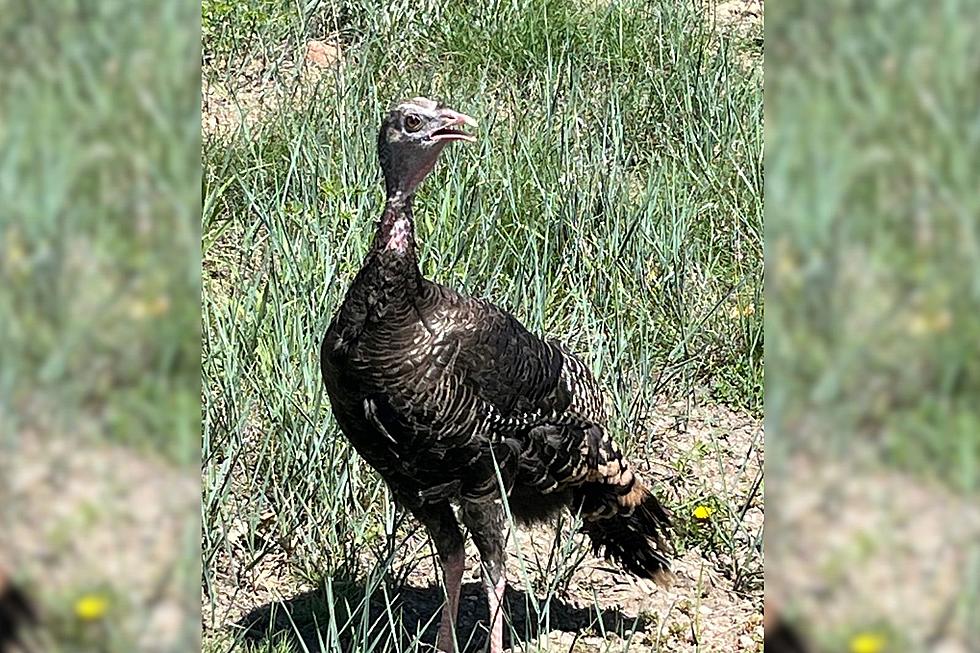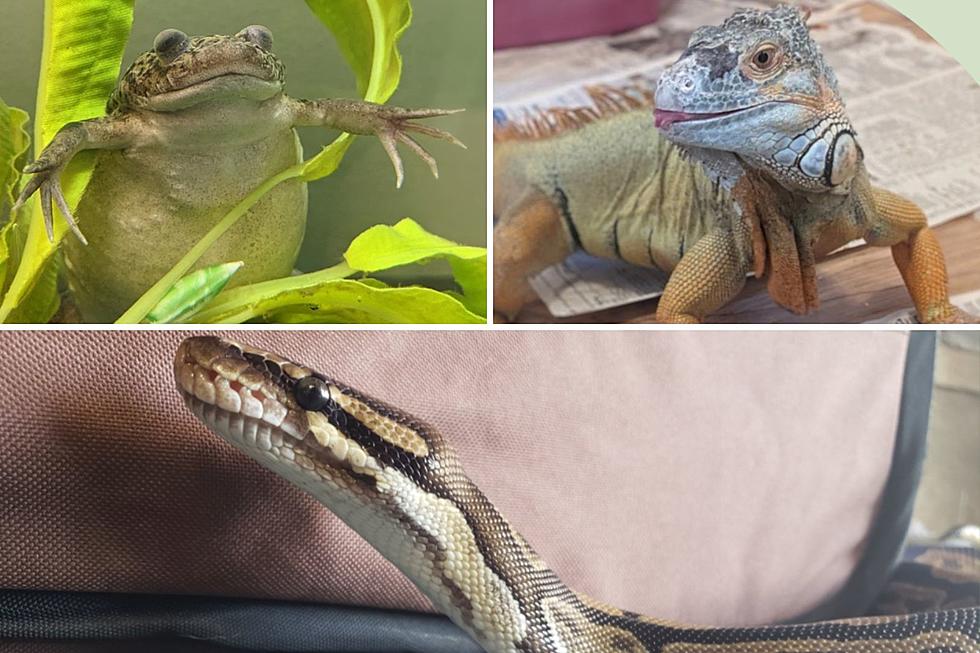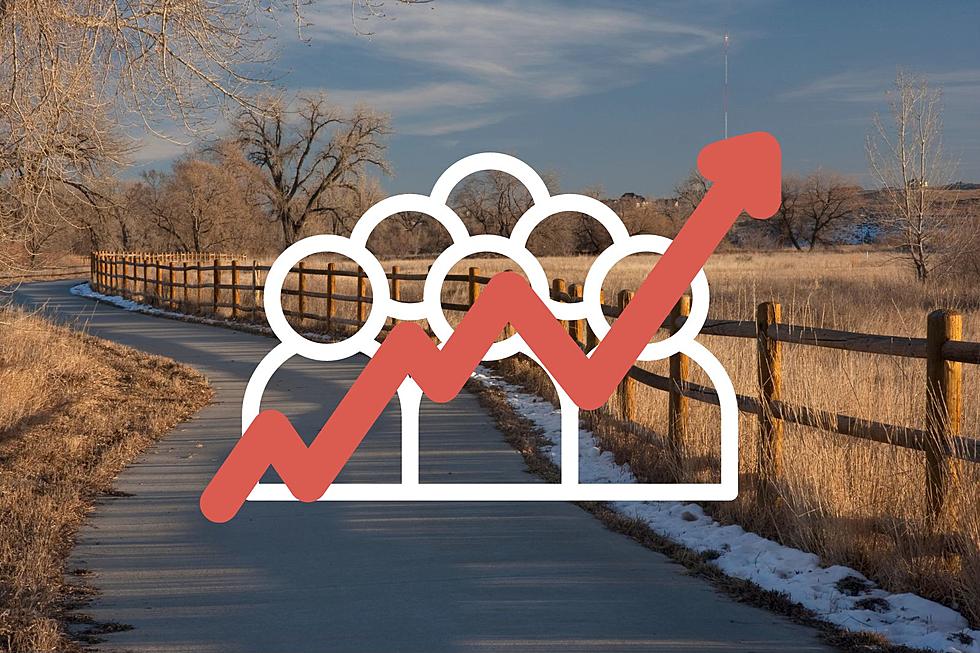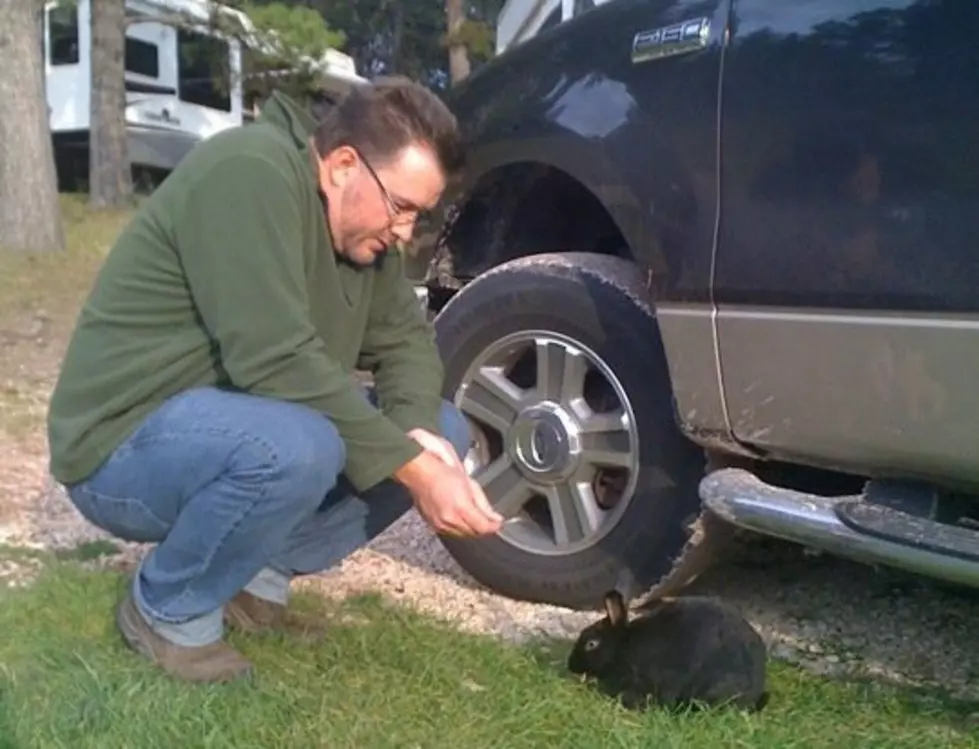
How to Protect Yourself from Wild Animals and Protect Them From You
It’s Spring and animals are having babies. As cute and fuzzy as some wild animals seem, they may carry diseases without appearing sick. These diseases can be life threatening to humans as well as to their pets.
Deb Adamson, Environmental Health Supervisor at the Weld County Health Department says,
By touching, feeding, or rescuing a wild animal, you may do more harm than good. Many times the mother of the baby will return for it, even a number of hours later, and the best chance it has for survival is to be raised by its own parent in its natural habitat. The other issue is animal-borne diseases. Wild animals can carry a variety of diseases, such as rabies, which can be fatal.
How to protect humans, pets, and wildlife
- Do not feed wild animals.
- Leave orphaned animals alone. Baby animals often appear to be orphaned when they are not. The parent animal may not return if people are too close.
- Always wash your hands and the hands of children with running water and soap after working or playing outside, especially in areas where wild animals are present.
- Avoid playing or working in areas where there are wild animal droppings (feces).
- Keep your pets vaccinations up-to-date.
If you do find a wild animal that appears to be sick, injured or orphaned, contact local authorities before attempting to move it:
- Weld County Regional Communications (Dispatch): (970) 350-9600
- Colorado Parks and Wildlife (Fort Collins office): (970 ) 472-4300
- Weld County Health Department, Environmental Health Division: (970) 304-6415
More From K99


